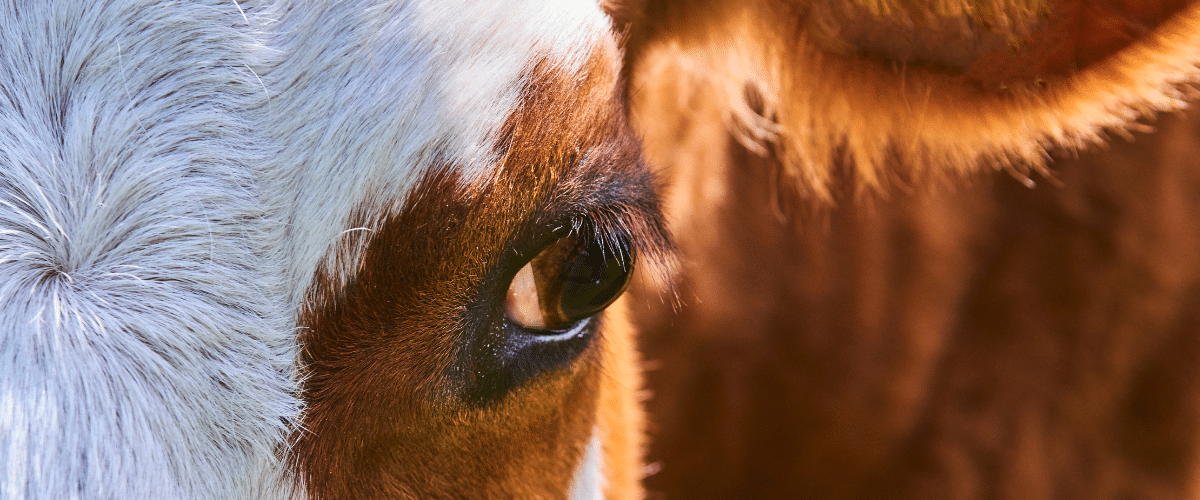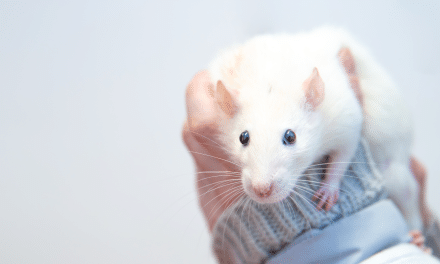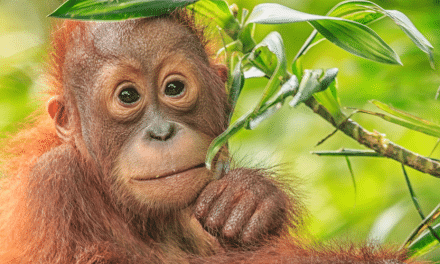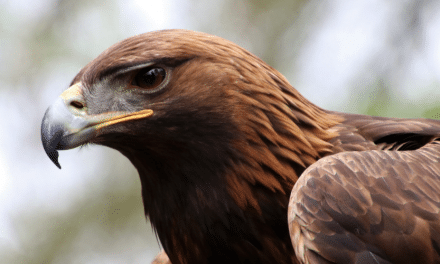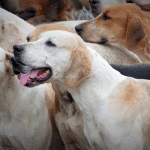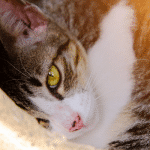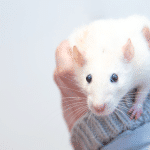By Rebecca Jones, clinical research professional
A recent public Zoom event called “From the Courtroom to the Farm: What We Learn From Cows”, chronicled Canadian law student Edith Barabash’s journey from cow farm worker to animal advocating law student. The event was presented by Friends of Animals (FAM) at Monmouth University, New Jersey, and is a must-watch for anyone looking to understand the role that sanctuaries can play in animal welfare education, and specifically the role that cows can play in that movement.
During the presentation, Edith explains how she helped a commercial organic cattle farm become a safe haven for farm animals. She shares the impact it has had on her emotionally, and how the experience has influenced her academic career to focus on animal welfare within the legal setting. Edith explains how Canadian animal welfare law has made progress in recent years, but much is still needed to represent the welfare rights of agricultural livestock. Her eventual goal is to bridge the gap between the agricultural industry and the world of animal welfare law, through effective public education on animal welfare.
Four years ago, what is now the Ontario-based Farmhouse Garden Animal Home was still a working organic cattle farm when Edith began working there. She initially sold produce, and then as part of her environmental studies undergraduate degree, she undertook an internship with the farm to further understand agricultural practices, particularly relating to organic farming and cattle management. During this time, she worked with a key influencing party in her journey, Farmer Mike.
Farmer Mike, a third-generation cattle farmer and the owner of the farm, reached a ‘tipping point’ in his career when Hope came into his life. Hope was a prematurely born calf that required around-the-clock hand rearing. With such intensive care, Farmer Mike formed a bond with Hope that would forever change the dynamic he had with the animals on his farm. Mike decided that the farm needed a change, and after consulting with Edith, they developed a solution to stop the endless cycle of breeding, rearing, and the inevitable slaughtering of cattle. Through their partnership, Mike and Edith created a new vision for the farm: it would become an animal sanctuary, evolving into the Farmhouse Garden Animal Home, of which Edith is co-founder and executive director.
The Farmhouse Garden Animal Home now cares for 28 cows, along with several chickens, a horse, and a donkey. Committed to animal welfare, Edith stated that cows, when well taken care of, can have a typical life expectancy of between 25 and 30 years (and indeed, one of sanctuary’s cows recently passed away at the age of 30). Edith believes their revolutionary sanctuary approach succeeded because of the farm management staff as well as the patrons, who are integral to the spirit of the sanctuary. The sanctuary educates visitors about the lives of livestock, animals that are mostly out of reach in the context of daily living for many urban dwelling families. Edith positions the sanctuary not only as a safe haven for animals but for people too. The sanctuary has an important role in lifting the curtain to the public about livestock in the farm setting, and introducing them to each other. Through this awareness education, Edith has witnessed the shared experiences and bonding between many of the sanctuary patrons and the animal residents.
Edith is continuing to drive her own education forward by enrolling in law school, with the primary objective of bridging the gap between animal welfare and legislation. Already, the sanctuary has acted as a stakeholder in the consultation process for new legislation, the PAWS Act (Provincial Animal Welfare Services Act), which created tougher penalties and higher fines for animal abuses in Ontario, Canada.
While PAWS is excellent progress, Edith explained that existing laws always have exemptions directly affecting animals in agriculture, leaving them highly vulnerable. She believes that change relies on public education, and that future progress relies on shifting mindsets. Once societal and political biases change, the legislators will be more comfortable enacting changes, Edith stated. Public opinion drives change, which means the public must become engaged in the subject of animal welfare. Understanding how livestock is managed on farms will help. By facilitating this education through the sanctuary, Edith aims to increase awareness of animal welfare and see changes enacted in law.

